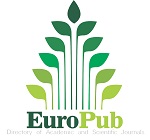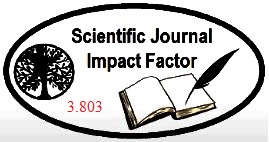Language Hybridity in Train to Pakistan : A Post-Colonial Studies
Keywords:
Hybridity, Language hybridity, Post colonialism, Code switching, code mixing, Train to Pakistan.Abstract
This paper explores the mixing of local languages with English language called language hybridity in Khushwant Singh′s novel, Train to Pakistan (1956) using postcolonial theory to examine the idea of language hybridity as proposed by Home. K Bhabha. By using a close reading analysis method, the researcher analyzes during the study that Khushwant Singh in the novel Train to Pakistan uses different techniques such as code-switching, code-mixing, and multilingualism in English to create language hybridity. By examining character relationships and narrative structure, the research demonstrates how the blending of local and colonial languages represents the struggle between tradition and modernity, colonizer and colonized. The research findings indicate that this linguistic interaction reflects the socioeconomic realities of colonial and postcolonial India, where English is the language of authority and government and Indigenous languages have significant cultural, social, and emotional value.
Downloads
Downloads
Published
Issue
Section
License
© Author(s). This article is published as Open Access under the Creative Commons Attribution 4.0 International License (CC BY 4.0), which permits unrestricted use, distribution, and reproduction in any medium, provided the original work is properly cited.















